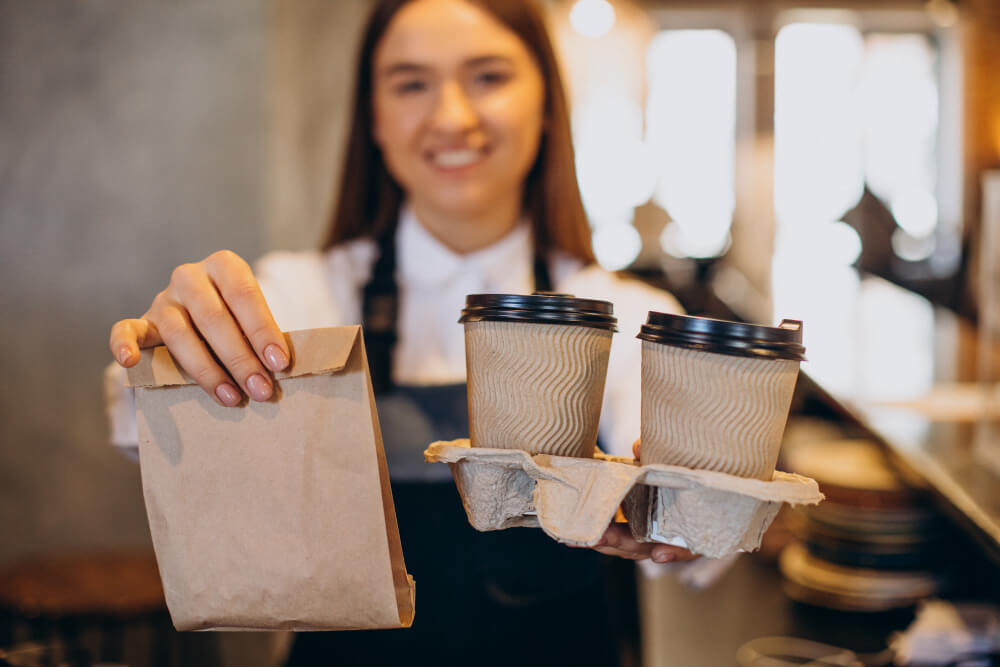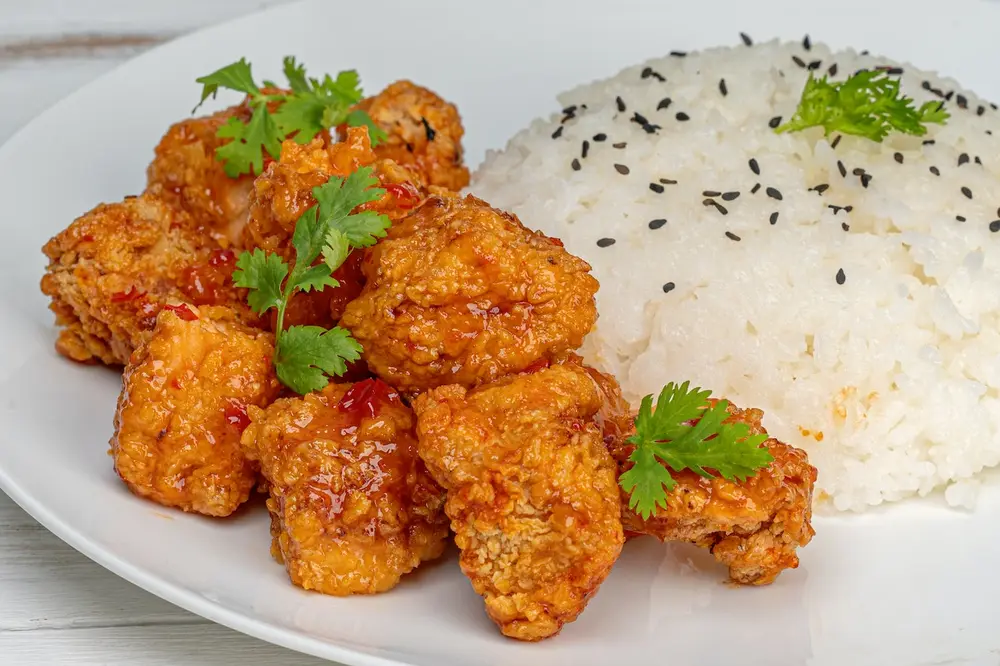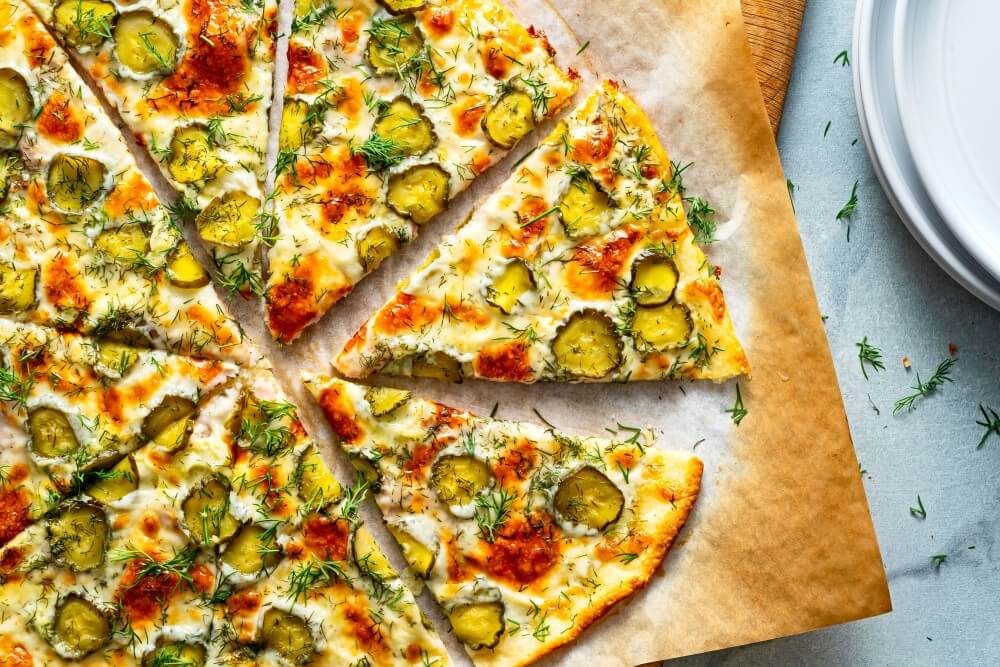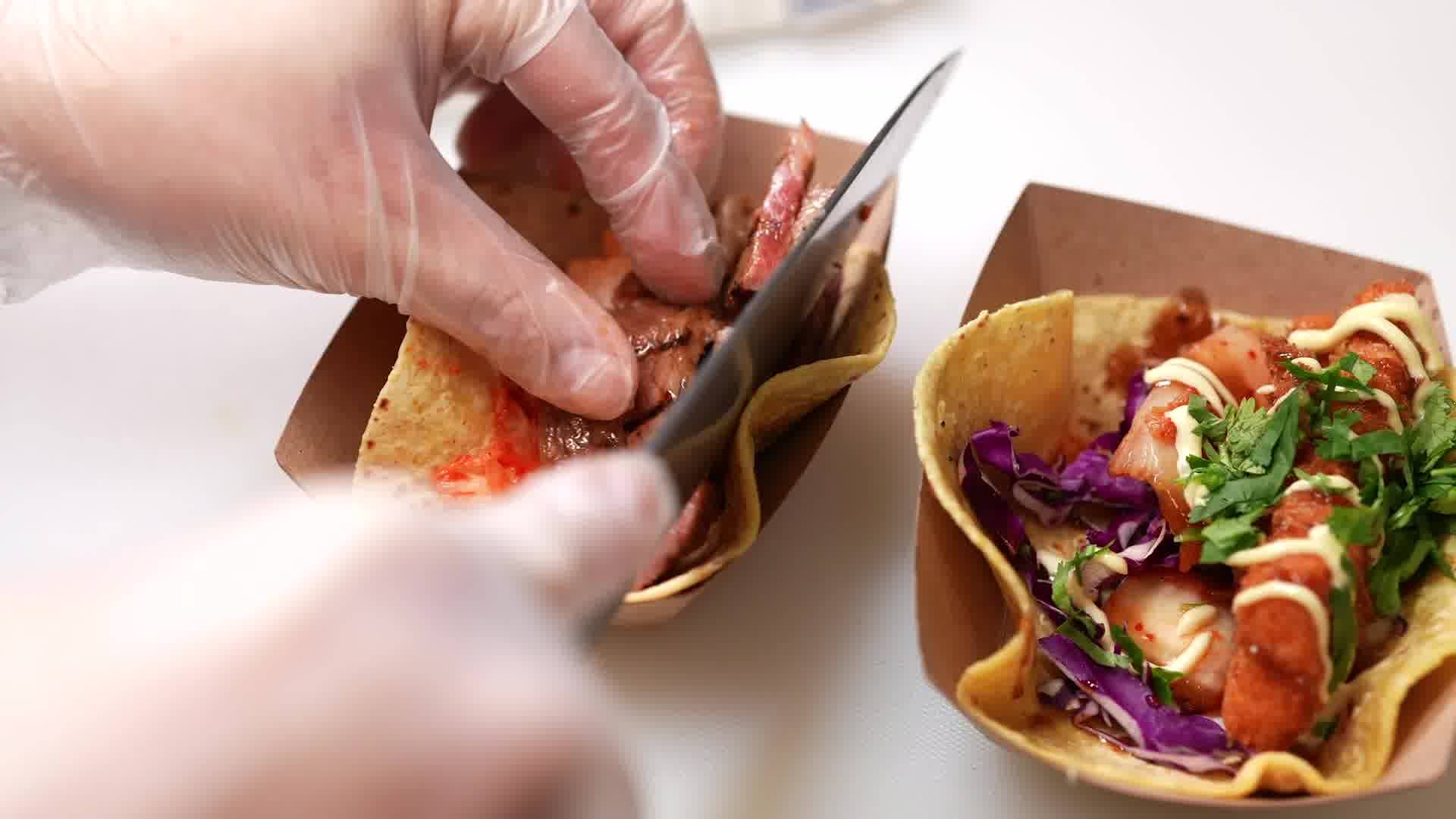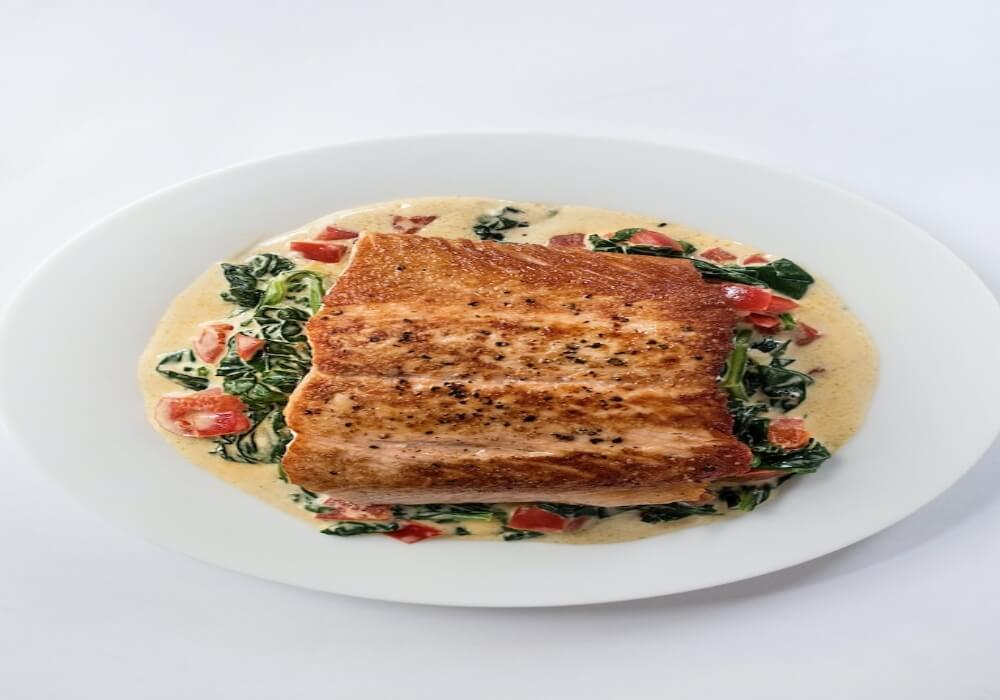We are aware of how challenging it can be to switch to a new packaging overnight, particularly if your relationship with your current supplier is strong. Additionally, it can be confusing to know which kind of food packaging to use with the wide variety available.
But with consumers now prioritizing sustainability, it’s crucial to keep an eye out for more environmentally friendly substitutes.
Here is a quick guide to the best materials for food packaging.
Firstly – Things to consider when choosing your packaging
The days of ordering fish and chips with an old newspaper wrapped around it are long gone. What’s worse is some takeaway chains still use packaging that is harmful to humans and even bad for the environment, despite the fact that it was actually outlawed in the 1990s due to health and safety concerns.
Depending on the food you sell, you can choose the best takeaway packaging.
Let’s get things started by giving you some questions to consider.
- Warm or Cold?
How hot or cold is the food you’re serving? Specialized packaging that will keep your dishes at the desired temperature is necessary for hot food. There’s nothing worse than receiving a cold takeout, so it’s crucial for food deliveries in particular!
Contrarily, food that is chilled or frozen should be packaged in materials that are water- and condensation-resistant. like you’d anticipate an ice cream tub to be.
- Do you offer beverages?
Similar rules apply to drinks; if you serve hot drinks, the packaging needs to be well-insulated while also shielding the patrons from self-burning heat.
A completely different type of packaging is needed for cold or chilled beverages. The drink is intended to stay cool in the packaging, which also serves as a beautiful display for the goods inside. A Coke can comes to mind.
- Want to highlight your brand?
Around the world, a lot of takeaways offer food in unadorned containers. This is acceptable, but branded packaging reveals to customers who you are and what you stand for. Because people will be walking around with your branded takeaway bag or box, it’s like free advertising in that sense.
Okay, enough of the questions; let’s get to the point of our visit.
The 3 golden rules of takeaway packaging
When choosing packaging for both food and beverages, there are three guiding principles.
- The obvious one is SAFETY. It must be suitable for use with food, or in other words, food grade. Additionally, according to Natasha’s law, any allergen warnings must be labeled on the item.
- People, governments, and businesses are required to use sustainable options, which is one that is becoming more and more prevalent. Nowadays, customers want it and are more likely to select sustainable businesses. Your packaging ought to be compostable, biodegradable, or recyclable.
- While not discounting the significance of the other factors, style is crucial because people eat with their eyes. Your menu items will look more appealing and your brand awareness will increase if the food is served in branded packaging.
Best eco-friendly takeaway packaging materials
There are many different eco-friendly packaging options, each with their own advantages. You can raise your sustainability credentials by using these packaging substitutes.
1. The Kraft Food Packaging.
Kraft is a fantastic option for environmentally friendly packaging if you go that route. It’s a common material for all kinds of takeout food because it’s recyclable and biodegradable. Customers favor packaging made of natural materials, such as cardboard or paper. Paper-based kraft board is an excellent eco-friendly, lightweight, and rustic option.
Burger boxes, chip cups, trays, noodle pots, fish and chip boxes, and many other types of packaging are typical Kraft Takeaway packaging.
2. sacks made of food.
This is a fantastic innovation. The natural packaging is easily accessible and is strong, biodegradable, and compostable. It is a reliable, strong alternative that is also environmentally friendly and widely used.
Clamshell meal boxes, leak-proof bowls, and platters are typical uses. It is suitable for both hot and cold food. a material for over-the-counter food service packaging that is incredibly versatile.
3. Recycled cardboard takeout packaging.
It’s timelessly stylish, environmentally friendly, and classic. The packaging has a high-end finish and is constantly accessible. The packaging, which is typically used for pizza boxes, burger boxes, fish and chip boxes, and much more, is made from paper fibers that have been recycled.
This packaging’s great feature is that it degrades naturally and can be recycled or composted after use.
The best eco-friendly drinks packaging
The drink packaging will now be discussed. Because it is affordable and practical, plastic drink packaging has been widely used, but this has resulted in endless pollution issues. By providing customers with an eco-friendly substitute that they can dispose of responsibly, this can be decreased.
1. Eco-friendly coffee cups.
Biodegradable cups are a fantastic environmentally friendly option for coffee shops and cafés because they are made from recycled paper and lined with PLA (polylactic acid), a natural, renewable material made from cornstarch.
2. Clear bioplastic cups with clear lids.
These can withstand liquids and are entirely biodegradable. Ideal for milkshakes, smoothies, freshly squeezed juices, and cold drinks. They are a well-liked substitute for plastics made from oil because they have many of the same qualities as their synthetic counterparts without the negative environmental effects. There is a significant distinction between biodegradable plastic and bioplastic.
PLA bioplastics decompose quickly in a controlled environment and are commercially compostable. On the other hand, oil-based biodegradable plastics contain an additive to hasten their decomposition. Bioplastics are much more environmentally friendly than commercially available plastics made from oil.
3. Green Stirrers and Straws.
The drink accoutrements are important not to be overlooked. Alternatives made from natural, renewable, and plastic-free materials emerged after the UK outlawed plastic straws in 2020. Paper, PLA, and even avocado seeds were among them.
Takeaway Packaging To Avoid At All Costs
We advise you to steer clear of certain food packaging types whenever you can. Single-use plastics are not only dangerous to human health, but they also have a profoundly negative impact on our planet. Scientists have established that we frequently unknowingly consume microplastics, the majority of which come from plastic-based food and beverage packaging.
Making the switch to sustainable takeaway packaging
When possible, we suggest that you avoid using specific food packaging materials. Single-use plastics have a terrible effect on our planet and are not only harmful to human health. Inadvertently consuming microplastics is a common occurrence, according to scientists, and the majority of these particles come from plastic-based food and beverage packaging.
